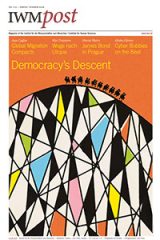

In collaboration with
Institute for Human Sciences
The Institute for Human Sciences / Institut für die Wissenschaften vom Menschen (IWM) is an independent institute for advanced study in the humanities and social sciences. Since its foundation in 1982, it has hosted more than 1500 scholars, journalists and translators from all over the world. Many of the Institute’s Permanent and Visiting Fellows are regular contributors to Eurozine or its focal points The World in Pieces and Ukraine in European Dialogue (see below).
Website: www.iwm.at
Twitter: @IWM_Vienna
Youtube: IWMVienna

Articles
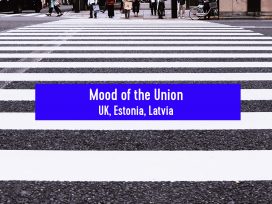
An ominous sign
UK, Estonia and Latvia after the EP election
What next for Britain and the EU? Though the Brexit Party will now be one of the largest national parties in the European Parliament, combined support for the ‘hard Remain’ parties is greater still. The EP election played out as a referendum on Estonia’s government too, while Latvia was spared a populist surge.
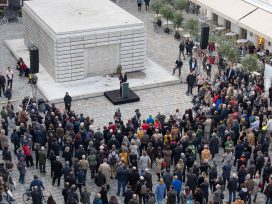
Judenplatz 1010
A Speech to Europe
The European Union was originally the creation of failed or failing European empires, even if it now tends to pose as an assembly of innocent little nation states. Facing up to the responsibility for half a millennium of imperialism is painful, but doing so would allow Europe to recognize its unique and auspicious recovery from empire, argues Timothy Snyder in the speech he delivered for Europe Day 2019 at Judenplatz, Vienna.
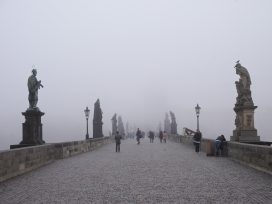
Of hopes and ends
Czech transformations after 1989
It is not the case that the move towards populism has spoiled democratic hopes in central and eastern Europe. The hope was part of the problem from the beginning, despite its emancipatory potential, or even because of it. We have to ask two questions: ‘what kind of hope?’ and ‘hope for what?
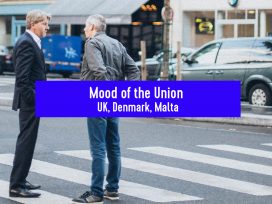
The elections that were never meant to be
The UK, Denmark and Malta before the EP elections
In May, the UK will be holding the EU elections that were never meant to be. With the party system in Britain a state of flux, they will provide the first real picture since the start of the Brexit negotiations of the will of the electorate. In Denmark, the elections will be indicative of the mood of the nation before a significant general election, while in Malta they take place amidst a controversial debate about corruption and the rule of law.
Focal points

Inspired by a lecture that Clifford Geertz delivered in 1995 at the Institute for Human Sciences in Vienna, this focal point engages with ‘deep diversity’, ‘a sense of dispersion, of particularity, of complexity and of uncenteredness’ rather than unified world order. It follows the launch of a research programme of the same name at the institute in January 2023.

Post-revolutionary Ukrainian society displays a unique mix of hope, enthusiasm, social creativity, collective trauma of war, radicalism and disillusionment. With the Maidan becoming history, the focal point ‘Ukraine in European Dialogue’ explores the new challenges facing the young democracy, its place in Europe, and the lessons it might offer for the future of the European project.
Projects and publications
